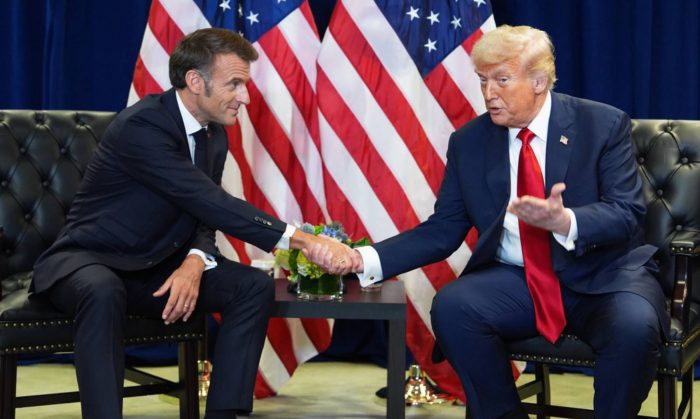As Unilever prepares to spin off its ice cream division, Ben & Jerry’s co-founder Ben Cohen is rallying investors to buy back the brand. Cohen argues that the corporate giant has stifled the company’s social mission, while Unilever insists that the board’s activism has become too polarizing.
Ben Cohen, co-founder of the iconic Ben & Jerry’s ice cream brand, is urging Unilever to divest the company, citing irreconcilable differences between the socially conscious brand and its corporate owner, The Wall Street Journal reports. With Unilever set to separate its ice cream division, Cohen is seeking investors who share his vision to reclaim the company.
“In the year 2000, Unilever loved us for who we were,” Cohen told the newspaper. “Now we’ve gone separate ways in our relationship. We just need them to set us free.”
The forthcoming spinoff could take one of two forms: Unilever may launch an IPO for its entire ice cream portfolio, or it could offload Ben & Jerry’s separately. Either way, the move would mark the end of a longstanding and often contentious relationship between the Vermont-based brand and its parent company.
Unilever acquired Ben & Jerry’s in 2000 under an unconventional agreement designed to preserve the ice cream maker’s independent board, which retained authority over its social mission and marketing. The deal prevents Unilever—or any future owner—from dismantling this governance structure.
Cohen, who co-founded the company with Jerry Greenfield in 1978, initially resisted selling but agreed after Unilever guaranteed the brand’s autonomy. “We spent a tremendous amount of time and energy working on that document and negotiating it,” Cohen told The Wall Street Journal. “If not for that agreement, Ben & Jerry’s would have died by now, and it would be just another ice cream brand.”
Despite these safeguards, tensions between Unilever and Ben & Jerry’s board have flared repeatedly, culminating in legal battles and public clashes over political activism.
This past November, Ben & Jerry’s filed a lawsuit against Unilever, accusing the parent company of stifling Ben & Jerry’s efforts to advocate for Palestinian Arabs and criticize US military aid to Israel. The ice cream maker also claimed in the lawsuit that Unilever threatened the autonomy of its independent board.
In a follow-up complaint in January, Ben & Jerry’s alleged that its parent company suppressed a social policy statement the US ice cream maker sought to release because it referenced President Donald Trump.
In an updated court filing last month, Ben & Jerry’s alleged that Unilever removed the ice cream maker’s chief executive, Dave Stever, over the conflict on the brand’s independence regarding social issues.
The conflict goes back to 2021, when Ben & Jerry’s announced it would stop sales in Judea and Samaria and parts of eastern Jerusalem. The announcement led to months of controversy and criticism, including multiple American states divesting from the firm, and Australia’s kosher authority delisting the ice cream maker.
In July of 2022, Unilever announced that it had reached a new arrangement for Ben & Jerry’s in Israel, selling its Ben & Jerry’s business interests in Israel to Avi Zinger, the owner of American Quality Products Ltd (AQP), the current Israel-based licensee.
Ben & Jerry’s then sued Unilever in a bid to block the sale of the Israeli business to Zinger. That lawsuit was settled in December of 2022.
Unilever recently announced that its soon-to-be-separated ice cream division will be named after another major brand in its portfolio—Magnum—rather than Ben & Jerry’s. Unilever has dismissed speculation that it would sell Ben & Jerry’s as a standalone brand, asserting that the company remains an integral part of its ice cream business. Nevertheless, Cohen acknowledges that his bid to secure investors for a buyout is a long shot.
“Ben & Jerry’s is a company with a soul,” Cohen told The Wall Street Journal. “Business is the most powerful force in our society, and for that, it has responsibility to the society.”





